|
Maybe you remember that I wrote an article about the Mosque near Plaza Blanca, built by the famous Egyptian architect Hassan Fathy. Fatima van Hattum who had kindly guided me around the compound of the Dar Al Islam educational center which was built around the mosque, had mentioned that the board and the organization’s governance was going through some major changes. The plan was to have greater community involvement, to offer a space for Muslims and Non-Muslims, to re-vitalize the whole area, in fact. This sounded quite exciting, and I was curious to learn which steps into the new direction had been taken, if any. I got in touch with Rafaat Ludin, the newly appointed Executive Director of Dar al Islam, and he agreed to meet with me and answer some questions. Imagine my surprise when he spotted my German accent right away and talked to me in absolutely flawless and fluent German! Rafaat’s past is so fascinating that I’ll have to share it here. Rafaat was born in Afghanistan and was about 12 years old when he left the country in 1977. His father was appointed ambassador to West Germany and they went to Bonn, West-Germany’s capital. When the communist coup d'etat happened in Afghanistan in 1978, his father resigned from his post and the family stayed for less than a year in Munich. From there, they drove by car to Saudi Arabia – how exciting that must have been for a young boy! They stayed there for about six years, and then Rafaat came back to finish school in Germany and to go to university. He studied electrical engineering in Darmstadt, specializing in power engineering. Then he joined the German Agency for International Cooperation. That’s how his travels started, both for work but also privately. “In 2000, my family and I moved to California from Germany. After about four and a half years we moved to Denver, Colorado. That was the first time I encountered Dar al Islam, in 2004. There was a retreat that September, on Labor Day weekend, and we fell in love immediately with this place. We have been coming back ever since. My children spent most of the critical years, their teenage years, coming down here. We stayed at the dorms, or we stayed at the West House right here. So, I was very familiar with the organization, but only as a retreat participant”. Rafaat continued: “I had my own business, several businesses in fact, but in 2021 I decided that I had enough and didn't want to work in the business world anymore. And last year the Board of Trustees of Dar al Islam organized a retreat to develop a new strategy for the organization. They decided on three things:
When Rafaat learned of this opportunity from a friend, he applied for the position. He was one of nine others, but the board decided that he would be the right person for this responsibility. And now he is the executive director. “I call it the modern era”, Rafaat explained. “We are going back to the community concept, not only about Muslim community, but also the outside community, the interaction with Abiquiú, with northern New Mexico. We have a facilities manager who's from Abiquiú, his name is Fidel Serrano. We have about seven people on the facilities management team. And we just hired a program director, he’s called the Director of Education and Campus Programming. He's coming from Michigan and has a PhD in Islamic Studies from Princeton University. He's going to be moving here with his family, and they'll be living in the West House. And then we have hired an office manager who also is local; she will start working next week. We also have a person who takes care of the finance issues, who lives on County Road 155. So that is the team we have put together to achieve the objectives that the board has set for us”. This sounds really exciting to me. I asked Rafaat about their plans, how to engage the community and how to be more visible in the community? “The program that we have developed has five significant components. Fitra is an Arabic concept that means ‘natural inclination or innate condition that you are born with’. It is derived from the Quran. We Muslims believe that every person is born with a natural tendency to seek his or her God, and to be connected to the Earth,” Rafaat went on. “In the Islamic context, every child is born as a Muslim. That means, this child has surrendered to the will of God. That's the meaning of “Muslim”: Surrendering to the Will of God. How we are brought up by our families makes us whatever we become: either an atheist, or Hindu, or Muslim, or Catholic, or Christian, or Jew, or Buddhist”. “As we grow older, as we grow up, we decide how we want to live. And then we are held responsible for our actions. When you're born you are in darkness, and then you are brought out of that darkness into light. So how do you get out of that darkness into light? Through knowledge, through understanding, and through spiritual connection that you develop.” “So there are these five different program components: there is service, then there is companionship and mentorship, then land based education, then creative arts, and unlettered nation. These have special specific meanings. The first part, which is a spirit of service, is a religious life that deals with Muslims. Doing regular prayers in the mosque and the Friday Sermons will bring this mosque and the facility back to life. In the last few years this has been abandoned most of the time, except during retreats”. “And then there is the other component: a ‘good neighbor’ program. We’ll be opening our campus to the local community, non Muslim, as well as Muslims, and by building interfaith partnerships with other organizations. For example, we have had some conversations with the Abiquiú Library. We hope to connect our library with theirs, so that all the people who go to the Abiquiú Library have access to all the books that we have, and vice versa”. “Also, we have initiated conversations with Ghost Ranch to do programs together, and we will communicate with other religious and non religious organizations in the area”. “The second component of our program is mentorship. It is basically for people who have recently converted to Islam, but they don't really have a deep understanding of the lifestyle. They come in for a week-long program from throughout the country. And then they develop a better understanding of how to live their religion, and then we will have people who will move on to Level Two. They will come here for 40 days and then do two or three more intensive programs. Some will go to Level Three, where they will come and stay here for a whole year.” “The land based education program is about cultivating stewardship. According to Islamic understanding humans are here on Earth to serve as God's representatives and to take care of this earth on behalf of God. With that assignment there has to be a sense of stewardship towards this earth, taking responsibility for it. So, environmentalism, making sure that natural habitats won’t be destroyed, is essential. This is why we are taking so much care of Plaza Blanca, because this is God's gift. And it's our responsibility to ensure that it remains an asset for everybody, for many decades to come”. “For example, we will develop a Plaza Blanca trail system. And we will establish a permaculture site here. We will probably do beekeeping activities here. Right now we are in the process of developing a master plan for the use of the land. Once we have the master plan, we can decide which areas are suitable for different activities: where to do permaculture, where to create recreational and sports facilities that will not only serve those who will come for retreats and for the programs, but also the people of Abiquiú. For example, we have a soccer field here that we have recently built, we have volleyball courts, we're building a basketball court, we will have archery and outdoor fitness studios, and that's for everybody. So, those are some of the things that we want to do, that are part of land-based education”. “We will invite people to come in and use their time and effort to learn not only how to take care of the land, but also how to take care of it with a conscious understanding of why they're doing it. So, it becomes a spiritual activity, not just a physical activity”. “Our goal is not to be missionaries and try to convert people, our goal is to give back what we have been receiving for so many years. So the sense of our engagement is based on mutual respect, and mutual appreciation. We are focusing on the fact that the differences between us are small, but the similarities are huge. If we focus on the sense of what brings us all together, then it becomes irrelevant what belief system everybody has, because we are working together to achieve peace.” . “There's a verse in the Quran that says, ‘There is no compulsion in religion, you cannot force anybody to believe in a certain way’. The connection that you have with your nature, with your God, or whatever you consider to be relevant, is yours. That has nothing to do with me, I cannot ever impose my views system on you. Maybe I will force you to say what I want. But I will never be able to force your heart. So why even try?” This is such an advanced point of view, unfortunately not often found in the context of organized religion. It teaches us never to look at groups, whether “Christians”, or “Muslims”, or “billionaires”, or “white people”, but at individuals and their actions. Some people strive to be good, and others are misguided and do horrible things. The “Us versus Them” mentality identifies with one tribe that is good, which automatically makes another tribe bad. It’s about time we learn to grow out of such thinking. Rafaat continues: “The point that I'm trying to make here is, I'm not going to look at what is different between us, I'm going to look at what is similar between us, and then build on that. So that means I will respect you just as much as you respect me. And just as much as we both respect that Catholic or Protestant or Hindu or Buddhist or somebody else”. Next, Rafaat explained the other program component: creative arts. “Working with hands to unlock the heart. That's the essence of it. Because, you know, even art is a spiritual activity. There'll be year-round workshops with local artisans and nationally recognized masters, American Muslims and indigenous American art forms, cultural history to promote Islamic art like calligraphy and geometric forms. For example, this year we have several retreats that are focused around arts. ’Art of Pattern’ – this is about Islamic art and we have a retreat around that. And then we're also hosting the Abiquiú Studio Tour here. We have about eight or nine artists who have already registered, also non Muslim artists who will display their work here. Also, we want to open up the opportunity for Abiquiú artists to sell their art here. We have hundreds of people coming to the retreats and most of these people who come in have enough income so that they can spend money on local art. Abiquiú has a very large artist community, and we will give them the opportunity to come in here and be part of this process”. Now we get to the fifth component of the program, and Rafaat explains what “unlettered nation” means. “It is an Islamic concept. The Prophet Muhammad was illiterate. He couldn't read or write. Most of the Arabic language was more of a verbal, an oral language, and not so much a written language. So the essence of Arabic as a written language started with Islam. For centuries, and for millennia before that, there were gifted poets and storytellers, but nothing was written down. We have no Arabic literature that goes before the time of the Prophet Muhammad. So storytelling, for example, will be an important aspect of our program. There are so many stories that people can tell, whether it's from Native Americans, or from the locals here, or from the Muslims. So that would be an important component of our scholarly working groups. Not only telling stories, but also training people in how to tell stories and how to write stories. And then we will develop the media to transmit what we come up with. Our new website will combine with social media campaigns and with other mediums available to us, including developing documentaries around different topics. And we’ll create webinars that will be broadcast globally. This will all be part and parcel of this unlettered nation, as a process of thought leadership. That's the vision of our board: that Dar Al Islam, by virtue of its location, by virtue of its facilities, and because of the good endowment it has, has incredible potential. It has been completely underutilized in the past. This is why we were putting together a team of young, energetic, knowledgeable, well educated, highly motivated people who will come here and then take it further to make it blossom”. “We learned recently that we qualify to get Dar Al Islam inducted into the register of National Historic Places. Last week we submitted our official application for that. Now, the requirement is that the facilities and buildings have to be at least 50 years old. We are about six years shy of 50 years. But our building is so unique, and it will be the only mosque, and an active mosque, in the register of National Historic Monuments. So now we are moving in that direction”.
It's such a fantastic building, built by this famous architect who had all these innovative ideas. When I was reading about Hassan Fathy I was so impressed to learn that he was working for poor people. He didn't just want to be rich and famous. Rafaat agreed. “When he built and designed this facility he volunteered his time, he didn't get paid for it. This was one of his last projects, and the only building that he designed in the northern hemisphere, out of 186 projects he completed”. I hope their application will be accepted, and my warm thanks to Rafaat for a really inspiring conversation. The plans for Dar al Islam point to a more harmonious and peaceful future and could stimulate other organizations to create similar programs. Something sorely needed. ed.
16 Comments
Daria Roithmayr
6/7/2024 07:30:53 am
The plans sound so exciting and thrilling, especially the connection between the mosque community and Abiqueños! Welcome Rafaat, and let us know how we can help!!
Reply
Jessica
6/9/2024 12:18:51 pm
Thank you, Daria, great that you want to be involved! Here is their website, it has a contact page: https://daralislam.org/ (I should have added it with the article).
Reply
6/9/2024 06:13:54 pm
Hi Daria,
Reply
Joanne Holman
6/7/2024 08:39:00 am
Thank you so much for this intensive update. Their plans sound like a wonderful addition to the Abiquiu area that I love so much!
Reply
Jessica
6/9/2024 12:23:06 pm
Yes, Joanne, I agree with both of your statements: that the new program is a fabulous addition to the area, and that Abiquiu is immensely loveable! :)
Reply
Walter Declerck
6/7/2024 08:54:37 am
Actually, in Arabic, it says that every one is born in a state of Fitra, not as a Muslim.
Reply
Jessica
6/9/2024 12:34:19 pm
Maybe Rafaat can explain this better than I do, Walter. I understood this to mean that by extension, everybody is a Muslim -- Since EVERY child is born in the state of Fitra, equivalent to Surrendering to the Will of God. But I'm not a scholar by any means.Maybe I got it wrong.
Reply
6/9/2024 06:21:34 pm
Jessica,
Teresa
6/8/2024 07:13:56 am
This sounds wonderful! I am looking forward to seeing how you progress and what you offer!
Reply
Jessica
6/9/2024 12:35:47 pm
Thank you, Teresa! Here is their website, they already have an extensive program: https://daralislam.org/
Reply
Kay Christopher
6/14/2024 12:44:41 pm
What a wonderful and exciting vision for the future of Dar al Islam and for Abiquiu. Looking forward to seeing how it unfolds. Thanks for a lovely article!
Reply
Jessica Rath
6/21/2024 04:32:18 pm
I agree, Kay, it's a very exciting development, benefitting the whole community. Stay in touch!
Reply
Barri Christian
6/15/2024 12:16:51 pm
Jessica and Rafaat, thank you so much for these words and visions of HOPE. As you said, it is so true, that our differences are so small, and our similarities are so huge, AND that we should live, learn, and love in those universal commonalities and peacefully share the stories of our personal differences. God's will.
Reply
Jessica Rath
6/21/2024 04:49:11 pm
I agree, Barri, the world would be a much better place if we humans were more aware of our commonality.
Reply
Scott
6/16/2024 08:57:37 am
Beautiful and ambitious plan. I look forward to visiting. Bravo.
Reply
Jessica Rath
6/21/2024 04:50:06 pm
Please do, Scott -- it is such a beautiful place.
Reply
Your comment will be posted after it is approved.
Leave a Reply. |
Submit your ideas for local feature articles
Profiles Gardening Recipes Observations Birding Essays Hiking AuthorsYou! Archives
September 2025
Categories
All
|
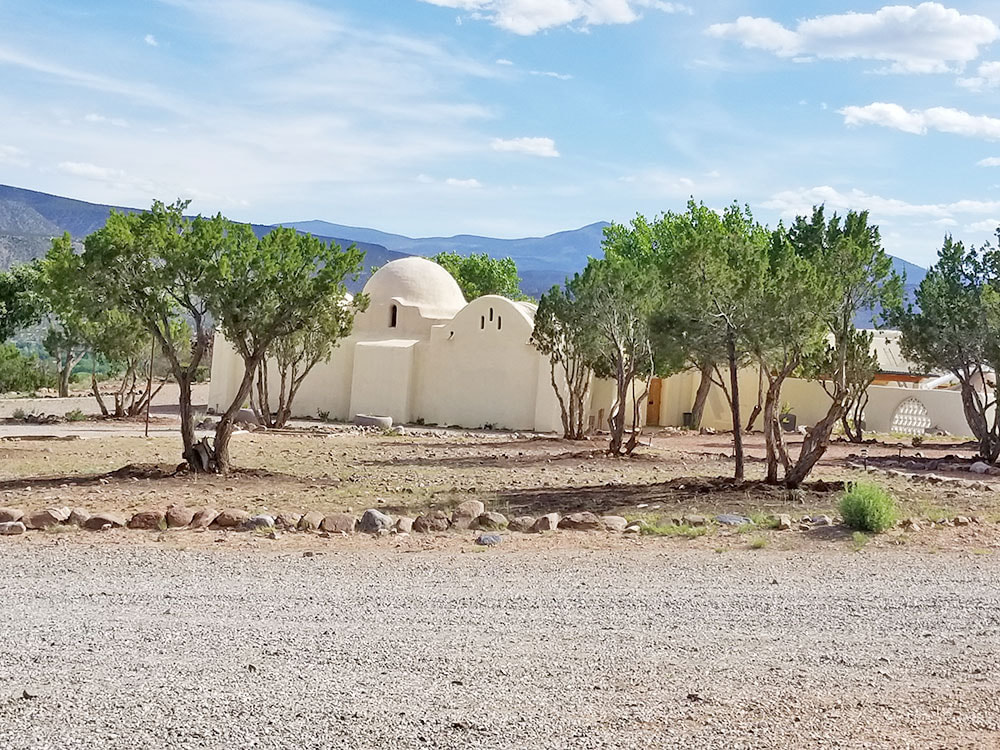
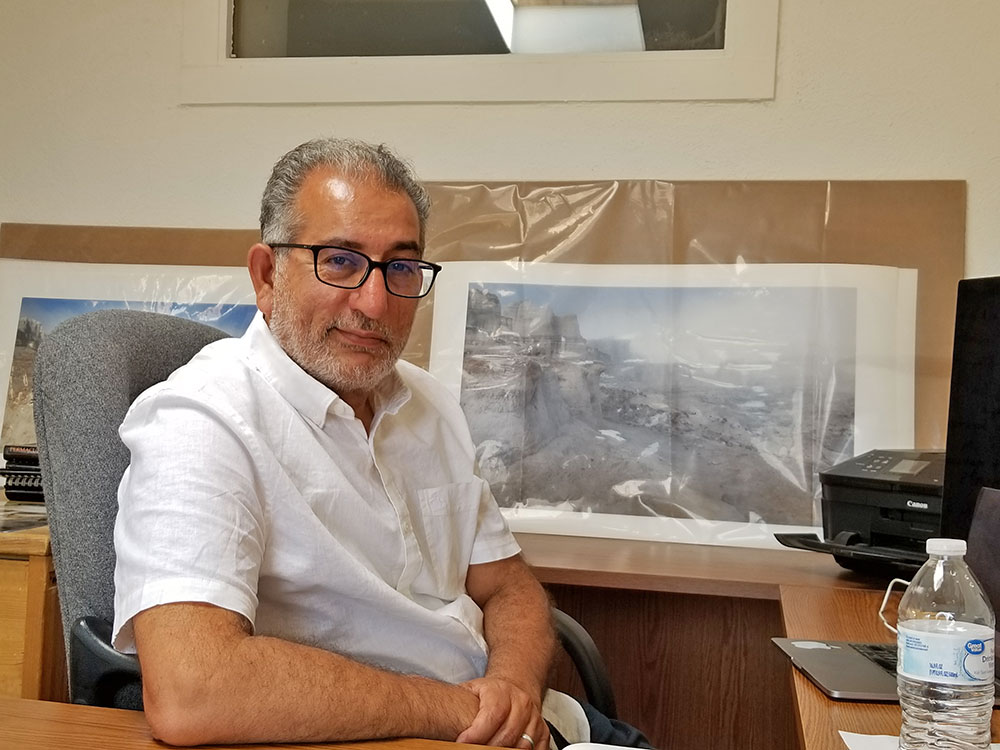
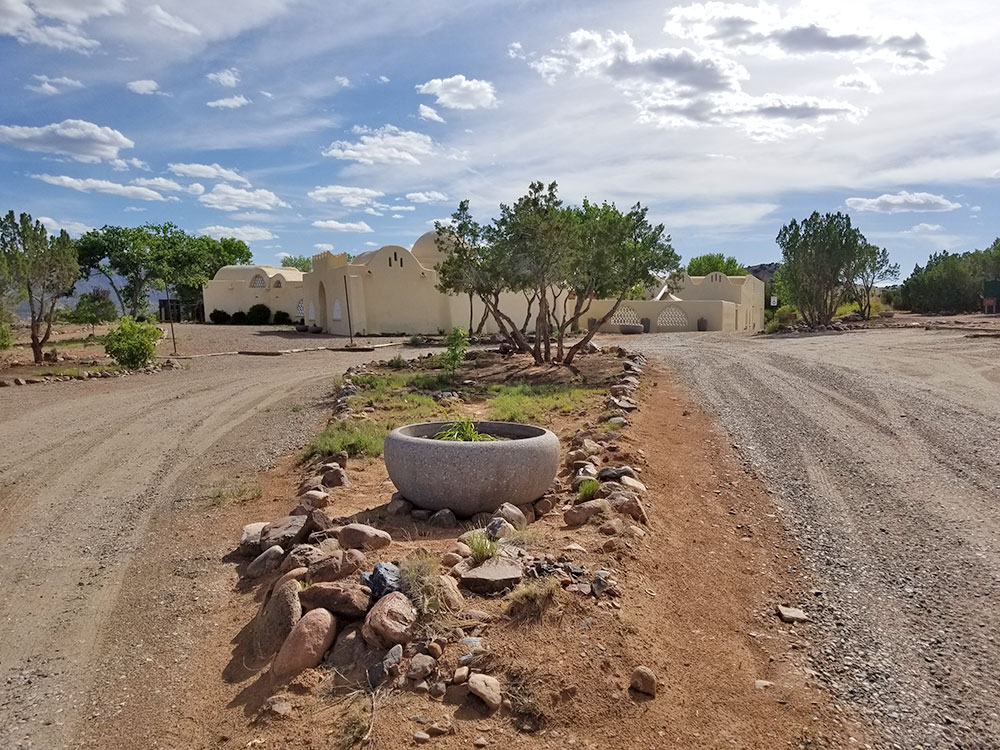
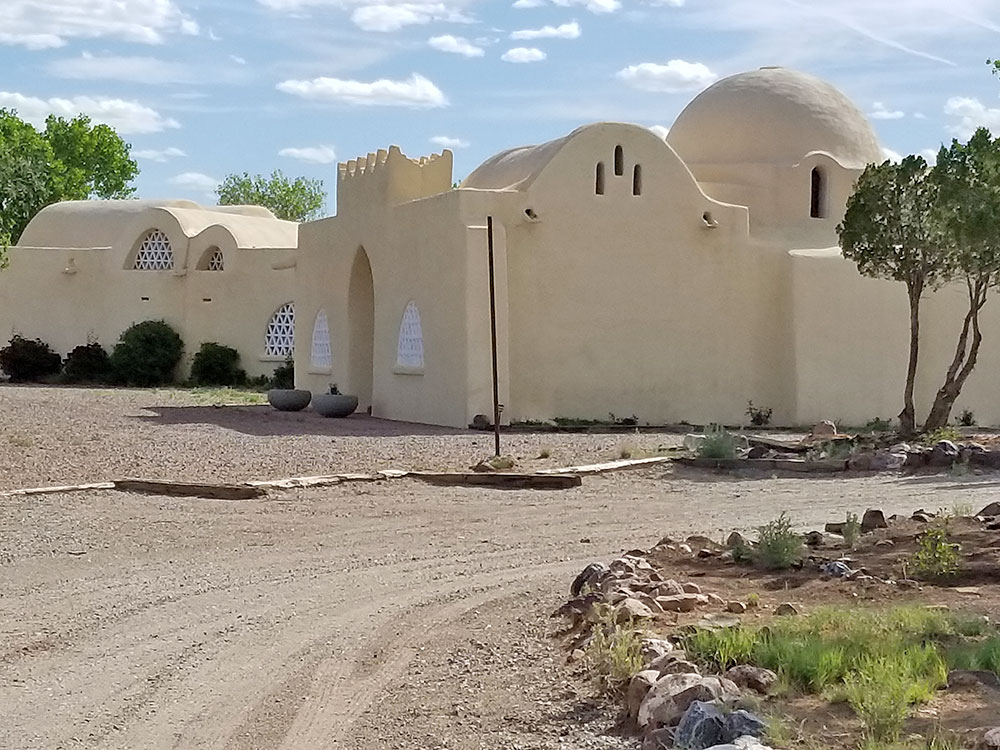
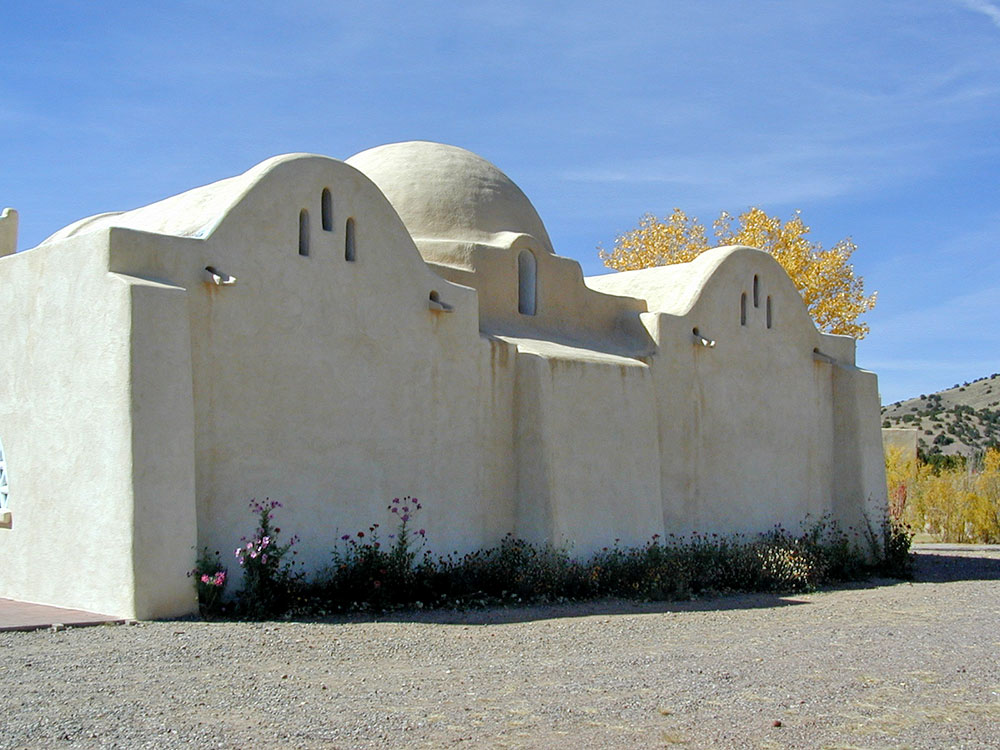
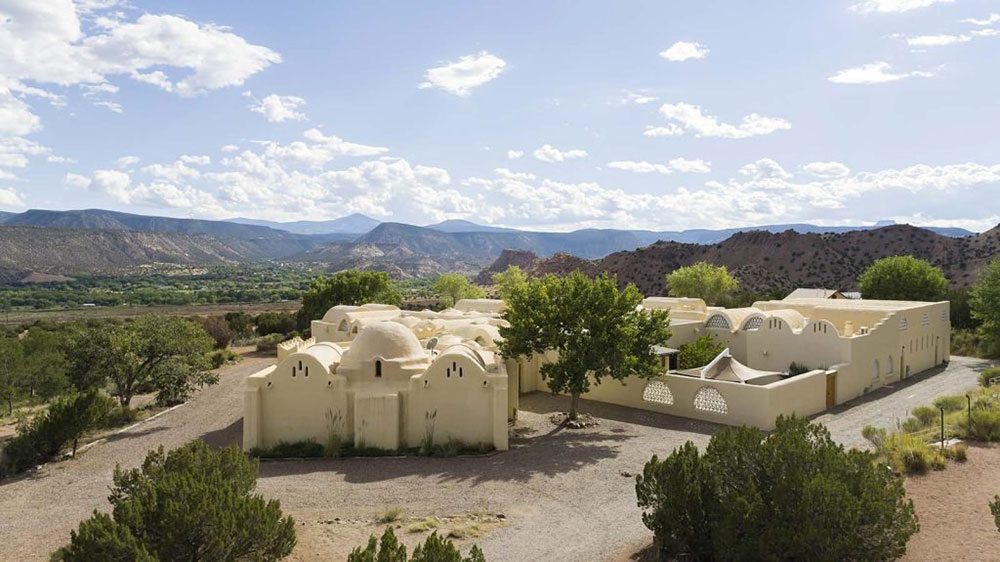
 RSS Feed
RSS Feed